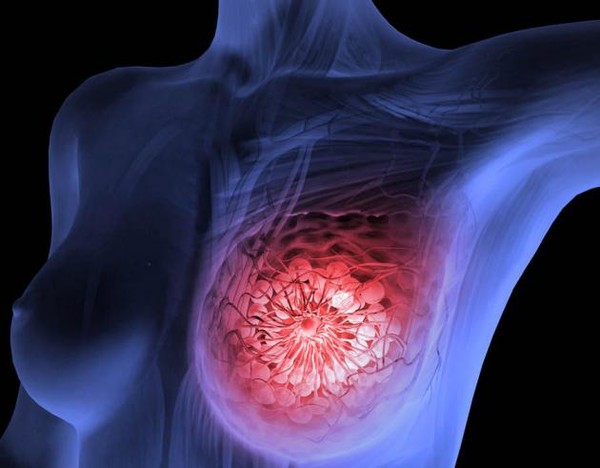
“Can breast implants placed during breast augmentation cause breast cancer?”
“Should I be reassured by the words ‘undecided' after a mammogram?”
“Is arm swelling related to breast cancer?”
“Are there any foods that are good to eat after breast cancer surgery?”
To all of these questions, Cha Chi-hwan, professor of surgery and Min Kyung-hyun, professor of plastic surgery at Hanyang University Medical Center, recently provided evidence-based answers on the hospital's YouTube channel.
When asked if breast implants make women more susceptible to cancer, Professor Min said, "Studies have shown that implants do not cause breast cancer."
He also clarified the suspicion that breast implants may interfere with early diagnosis of breast cancer.
"One might think that breast implants could prevent early diagnosis of breast cancer, but again, studies have shown that this is not the case," Min said.
Also, if a woman receives an “inconclusive” result on her mammogram, does that mean she doesn't have breast cancer? Professor Cha said "undecided” does not mean that the exam taker is fine.
"It doesn't mean it's reassuring. Rather, it means that you need to do more tests, such as a breast ultrasound or mammogram.”
Cha noted that many patients overlook an indeterminate result and visit the hospital when their cancer is diagnosed late.
"Therefore, if you have an indeterminate result on your mammogram, you should see a breast cancer specialist," he said.
When asked if there is a link between breast cancer and arm swelling, Professor Cha explained, "The circulation of lymphatic fluid in the breast is connected to the arm through the axillary lymph nodes, and in advanced breast cancer, discomfort in the axillary area or swelling in the arm may occur."
This means that swelling in the arm or discomfort in the armpit could be a sign of advanced breast cancer.
Are there any nutritional components or foods that are good to eat after breast cancer surgery?
Cha recommended Omega-3s and vitamin D.
"A recent cohort study called the ‘Sister Study’ showed that vitamin D intake was protective against early breast cancer, and there are also reports of a lower risk of death from breast cancer."
He went on to say that vegetables and fruits containing beta-carotene, such as broccoli and carrots, were reported to be beneficial for breast cancer due to their antioxidant effects.
However, red ginseng is not recommended due to conflicting studies, he noted.

